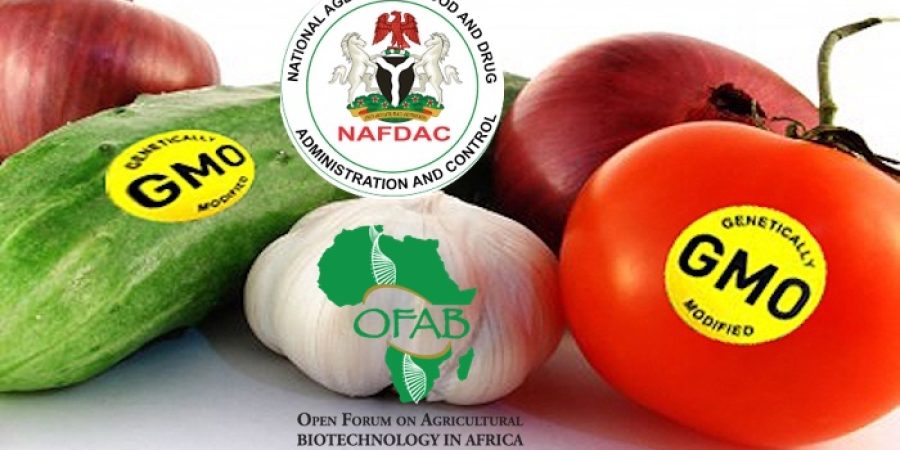The Federal Ministry of Health and Social Welfare has announced plans to strengthen regulatory measures on genetically modified (GM) crops by ensuring mandatory labelling, traceability, and strict compliance with safety standards to promote transparency and public trust.
Director of Food and Drug Services, Mr John Atanda, disclosed this during a GMO sensitisation workshop for Directorate Officers organised by the Open Forum for Agricultural Biotechnology (OFAB) in Abuja.
He stated that the directorate would collaborate with other relevant agencies, including the National Agency for Food and Drug Administration and Control (NAFDAC) and the National Biotechnology Management Agency (NBMA), to ensure proper labelling and monitoring of GM products.
Atanda reaffirmed the government’s commitment to protecting and promoting public health, pledging that all products derived from modern biotechnology would undergo rigorous safety assessments. He explained that evaluations would cover allergenicity, nutritional composition, long-term health impacts, and environmental considerations to guarantee that only safe and wholesome foods reach consumers.
In her presentation on the science of agricultural biotechnology, Dr Rose Gidado, the Nigeria Country Director of OFAB, stressed that GMOs have a proven history of safe use spanning over three decades in about 45 countries.
She said: “The government cannot give poison to its people. If the story is that when you plant GMOs, it will destroy all the crops around it, then Nigeria should have died of hunger.”
Gidado explained that GM crops are developed through evidence-based research and warned that failure to invest in research and development could leave Nigeria heavily dependent on food importation.
The Director-General of the National Biotechnology Development and Research Agency (NABDA), Prof Abdullahi Mustapha, revealed that farmers who cultivated GM maize, also known as TELLA Maize, recorded a 50 per cent yield increase.
He further noted that field studies and economic evaluations on cowpeas have shown significant returns for farmers growing pod borer-resistant cowpea, as reduced insecticide sprays have resulted in higher yields and stronger profits.
Faridah Abdulkadiri
Follow us on:



